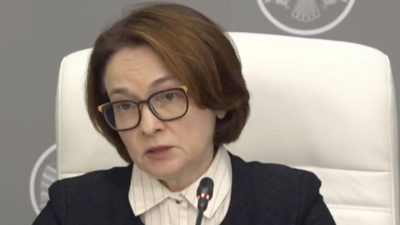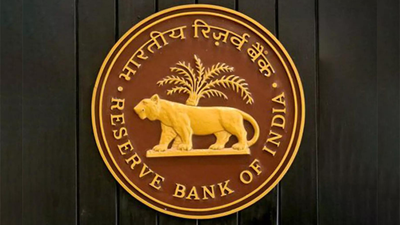Russia’s central bank on Friday reduced its benchmark interest rate by one percentage point to 17%, signalling an attempt to support the economy as growth slows and government spending on the war in Ukraine drives the budget deficit higher.The bank, which had previously raised the key rate to 21% to curb inflation, acknowledged that economic activity was being weighed down by high borrowing costs and sought to ease pressure on businesses. Inflation remains elevated at 8.2% despite easing slightly in July and August, with the bank warning that “inflation expectations have not changed considerably in recent months” and could hinder a sustainable slowdown in price rises. AFP reported that the move highloights the tension between controlling inflation and supporting a wartime economy under stress.Year-on-year growth slowed to 1.1% in the second quarter, down from 1.4% in the first quarter and 4.5% at the end of 2024. On a quarterly basis, the economy contracted 0.6%, indicating a recent loss of momentum. The budget deficit rose sharply to 4.9 trillion rubles ($58 billion) in January–July, compared with 1.1 trillion rubles a year earlier, with spending at 129% of planned levels, according to the Kyiv School of Economics. Oil and gas revenues fell 19% from the previous year amid softer global prices.Despite Western sanctions and the loss of gas sales to Europe, Russia’s economy has shown resilience, with unemployment at record lows and household incomes rising. Recruitment bonuses and defense spending have bolstered local demand, while the government finances its deficit by selling ruble bonds to domestic banks, which anticipate further rate cuts.The central bank’s rate cut illustrates the balancing act facing policymakers: supporting growth in a wartime economy while keeping inflation contained, amid persistent global and domestic pressures.











